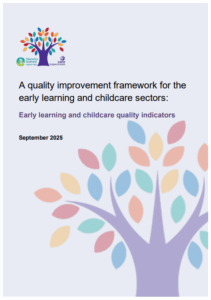Curriculum – p35 Partnerships
Parents/carers understand the role they play and are empowered to contribute to our curriculum. We engage very effectively with parents/carers and support a range of parental engagement activities including family learning.
Wellbeing, inclusion and equality – p56 Inclusion and Equality
Our staff make use of technology to enable every child to participate fully in an increasingly digital world and support involvement and engagement of families.

